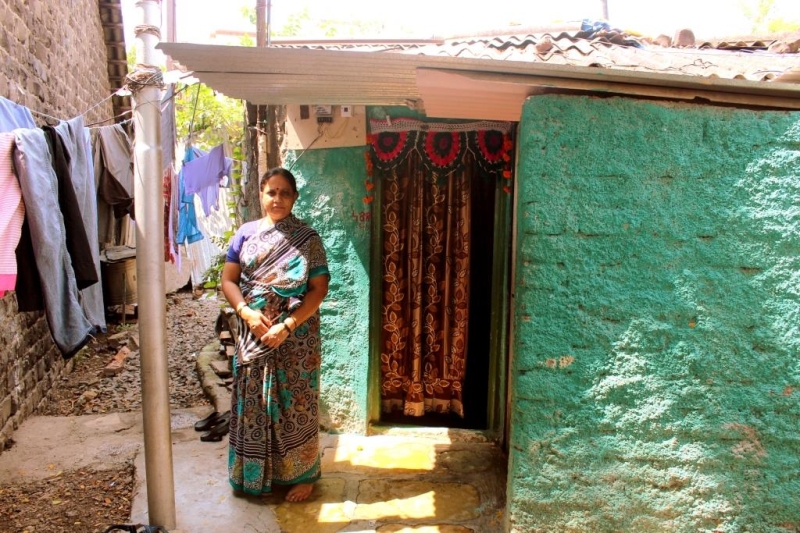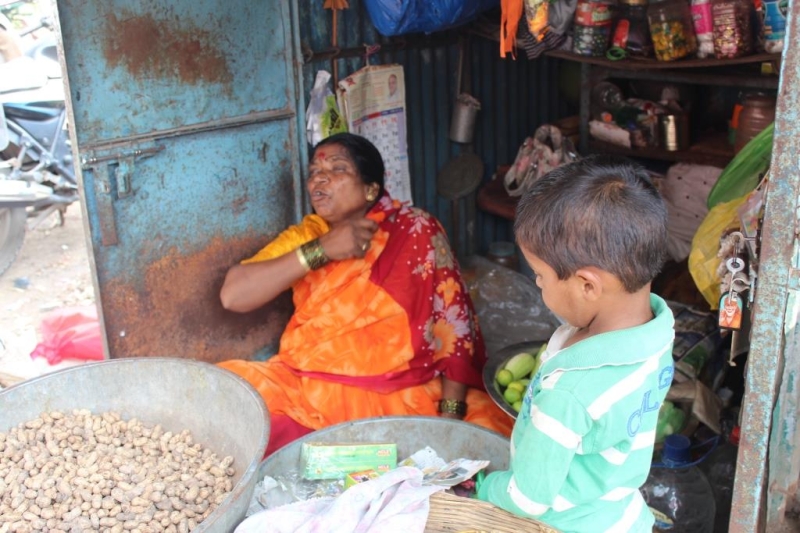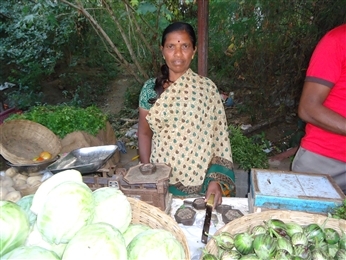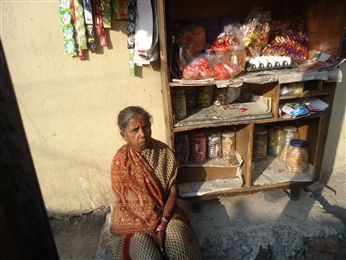Every time you read about an appeal to change someone’s life, it’s inextricably linked to some form of donation: cash, time or kind. What if we told you that it’s possible to improve someone’s life with unbelievable ease [online], while keeping your money at the end of the day?
Among a multitude of NPOs around the world, one located in India’s Tech-Hub – Bangalore – is doing just that. It goes by a simple name – Rang De. In India alone, there are an estimated 2 million NGOs and non-profit organizations. That’s roughly one NGO per 600 Indian citizens. So, how exactly does Rang De distinguish itself from the rest, you ask? Allow me to explain.

Image Source: rangde.org
What is Rang De?
Rang De is based on the concept of microcredit. It’s a platform with an online peer-to-peer lending system, allowing ‘social investors’ to invest their money on individuals in need of small loans. It maintains a database of borrowers, along with information pertaining to amount needed, in which State and why it’s needed.
Choose your Borrower
You can choose a borrower to invest in, and then make an online investment with an amount you’re comfortable with.
Low Interest Rates Supporting Entrepreneurs
By providing micro-loans with very low interest rates, Rang De supports entrepreneurs and startups with the capital they need to begin a business and sustain themselves. It’s a small investment of money and time for you, but an immense form of support for someone looking to stand on their own feet.
Rang De’s interest rates are the lowest in the world. They use a minimal part of this to maintain their operations and sustain themselves. While you receive the gains on from your investment, you also have the option to support Rang De, by allowing them to retain the interest, thus assisting them in scaling up and being sustainable.
Keep Track
Through your account on Rang De, the amount being repaid can be tracked and a report of all investments and financial transactions done can be viewed.
If you’ll notice, I haven’t used the word ‘donate’ while explaining. The keywords here are ‘invest’ and ‘lend’. The micro-credit system has enormous potential to bridge the long gap between the lower and upper classes. At its very least, it should be leveraged to lift an entire demographic above the poverty line. For the skeptics out there, Rang De provides absolute transparency on all its financial transactions, audited by a third-party firm. No borrower till date has defaulted on his or her loan, and they have all been paid back in full.

Image Source: rangde.org
How does it work?
Those who lend money to borrowers registered with Rang De are termed ‘Social Investors’. To a social investor, the lending process is a simple online transaction.
1. You can choose a borrower based on state or can make a ‘Quick’ investment.
2. The money invested, then has to be disbursed through Field Partners based in each state. The field partners are Rang De’s lifelines. The responsibility of providing the loan then lies on the shoulders of these organizations. It is through their efforts that thousands of people in need are able to obtain the capital required to start-up.
3. The borrowers then have to pay back their loans based on a reasonable repayment schedule.

Image Source: rangde.org
Why Invest?
According to an online survey by the United Nations, giving more power through education, information, coaching and counseling, amplifying the possibilities to get or create a job or business, through micro-credits, access to ICT networks is the best way to achieve poverty eradication. A simple investment goes a long, long way. You’re not just simply supporting an individual’s effort to sustain himself or his family – you’re actually contributing to the economy in a small, but profound way. The number of unemployed in India is a staggering 39963 thousand. Imagine if all of them, or even half, were able to convert themselves into productive, contributing citizens. You’d have more citizens engaging in the process of lifting the economy of growing India, be it by paying taxes or simply generating supply. Less Government borrowing, Less Social problems and an increased GDP.
Rang De’s website is worth a look. A personal favorite is the impact page, which does a splendid job of showing you or any potential investor how a small investment can grow into a source of pride and sustenance for those in need. What’s important is not to view a social investment as a simple donation or charity. The borrowers on Rang De aren’t asking for alms. It’s a small effort on an individual level to contribute to what is otherwise a long and tedious effort to raise the standard of living of the underprivileged portion of the Indian population with no politics, and no hidden agenda.

Image Source: rangde.org
The Microcredit model was pioneered by Muhammad Yunus, who went on to win the Nobel Peace prize in 2006; the same year that two phenomenal people, Ramakrishna NK and Smita Ramakrishna decided to start Rang De. They left their jobs in the UK to start the Rang De initiative. It was their belief that poverty was the biggest stumbling block on India’s path of progress.
The Rang De team also schedules monthly Google Hangouts to interact with those interested in social investments. They’re a fantastic group of people who patiently answer all queries related to microfinance and the Rang De model.
Rang De welcomes young individuals to join us in spreading the word about this organization and its cause.
To know more and to make an informed social investment, please visit www.rangde.org – A resourceful and transparent website. For further questions, please e-mail Karan Naik at karan_929@hotmail.com
or Bhoomika Ghaghada at bghaghada@b-change.me










